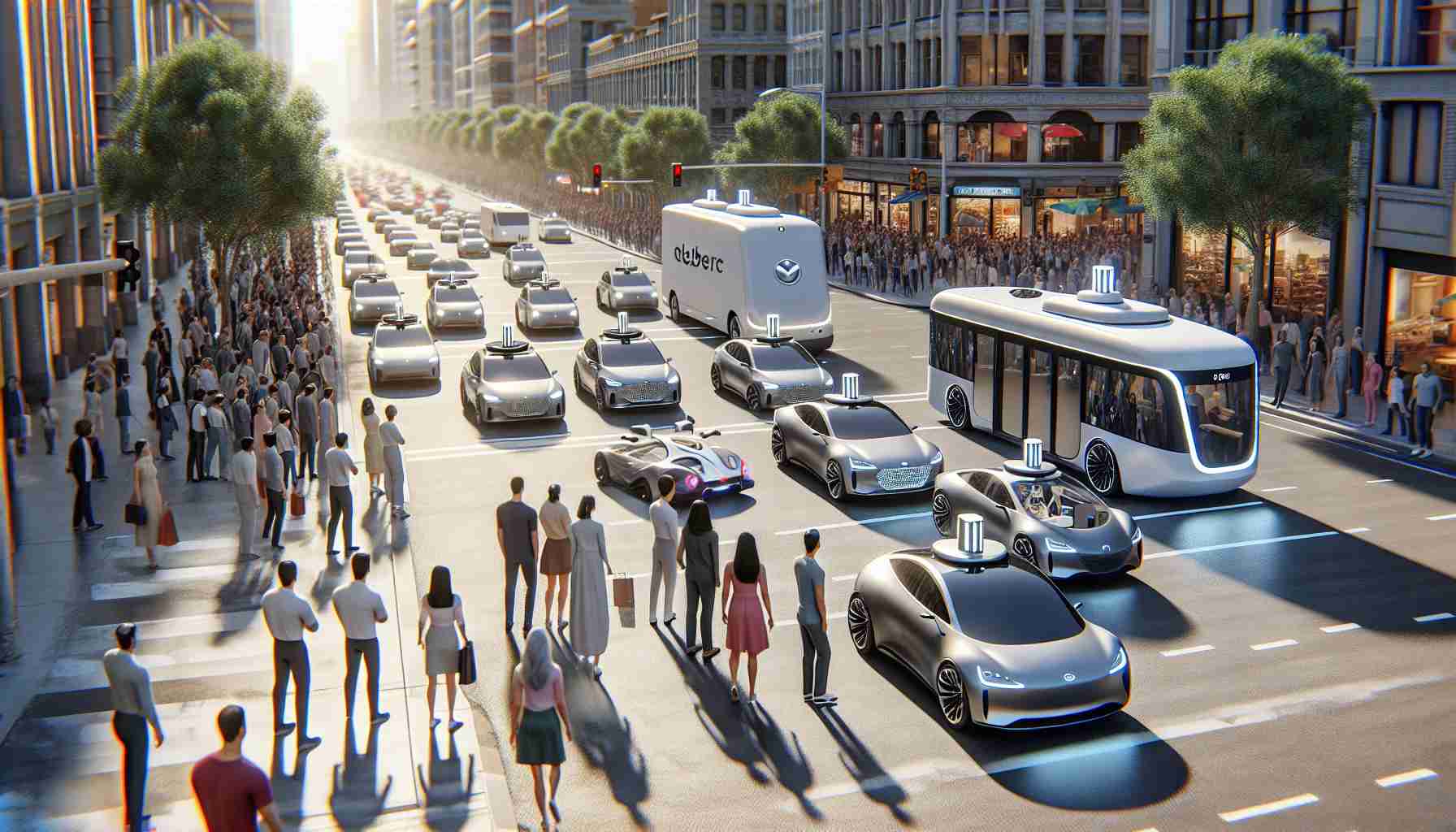
The Rise of Autonomous Vehicles and the Future of Transportation
In the era of cutting-edge technology, autonomous vehicles are revolutionizing the way we perceive transportation. These innovative cars are equipped with advanced sensors and AI systems that enable them to navigate roads independently, ensuring safety and efficiency on the go.
Gone are the days when traditional vehicles simply transported us from point A to point B. Today, autonomous vehicles offer a plethora of features, from automatic accident detection and emergency services alerts to personalized driving experiences. With the integration of internet connectivity, these cars have the potential to become sophisticated surveillance tools.
Imagine a scenario where autonomous vehicles capture detailed images of passengers and surroundings, raising concerns about privacy infringement. Recent studies have highlighted that car manufacturers may exploit this data for marketing, research, and even share it with third parties, posing significant privacy risks.
A forecast predicts that by 2031, a significant percentage of new vehicles will be autonomous, underscoring the need for robust privacy regulations. As users engage with connected services via mobile apps, manufacturers have access to personal data that could be vulnerable to misuse by malicious entities, potentially compromising national security.
In light of these revelations, there is a pressing need for comprehensive privacy laws governing autonomous vehicles to safeguard user data effectively. As we await policy developments, consumers are urged to familiarize themselves with privacy terms and conditions to protect their information in this evolving technological landscape.
The Evolution of Autonomous Vehicles and Their Impact on Transportation
In the ever-evolving world of technology, autonomous vehicles continue to be at the forefront of innovation, reshaping the landscape of transportation as we know it. While the previous article delved into the advancements in safety and efficiency brought about by autonomous cars, there are several other aspects worth exploring that shed light on the future of transportation.
What impact will autonomous vehicles have on urban planning and infrastructure?
As autonomous vehicles become more prevalent, urban planners are faced with the challenge of reimagining cityscapes to accommodate these new modes of transportation. Questions arise about the need for dedicated lanes or parking areas for autonomous vehicles, as well as the potential redesign of traffic flow patterns to optimize their efficiency.
Are there ethical considerations surrounding autonomous vehicles?
One of the key controversies surrounding autonomous vehicles is the ethical decision-making process in critical situations. For instance, in scenarios where accidents are unavoidable, the AI systems in these cars must be programmed to make split-second decisions that prioritize safety. This raises debates on how ethical principles should be integrated into autonomous vehicle algorithms.
What are the advantages and disadvantages of shared autonomous transportation services?
The rise of autonomous vehicles has also given rise to the concept of shared mobility services, where multiple passengers can utilize the same vehicle for their transportation needs. While this model can reduce traffic congestion and emissions, it also poses challenges related to scheduling, privacy concerns, and the potential for increased wear and tear on the vehicles.
When considering the future of transportation, it is essential to weigh the benefits and drawbacks of autonomous vehicles. On one hand, these vehicles offer increased safety through advanced sensors and AI technologies, potentially reducing the number of accidents caused by human error. Additionally, the integration of autonomous cars into the transportation network could lead to more efficient traffic flow and reduced commute times.
However, there are notable disadvantages to be addressed. Concerns over data privacy and security persist, with the possibility of personal information being vulnerable to breaches or misuse. Furthermore, the transition to autonomous vehicles may lead to job displacement in industries reliant on traditional driving roles, requiring proactive measures to mitigate these economic impacts.
In conclusion, as autonomous vehicles continue to shape the future of transportation, it is crucial to address the challenges and controversies associated with their integration into society. By exploring the ethical, infrastructural, and societal implications of autonomous vehicles, we can pave the way for a more sustainable and efficient transportation system.
For further insights into the future of autonomous vehicles and transportation, visit United States Department of Transportation.















